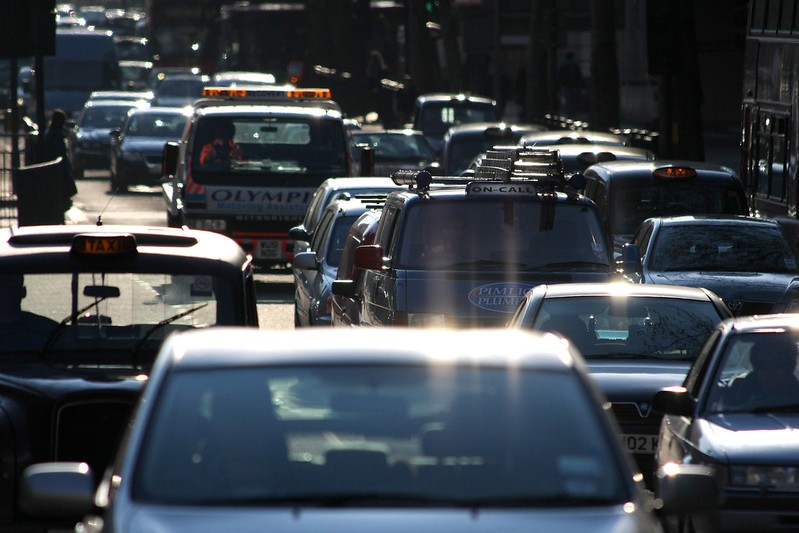
14 Jul Transport for London is facing legal action over licence delays for private hire drivers
DPG are instructed by the Independent Workers’ Union of Great Britain (‘IWGB’), which represents private hire drivers on apps such as Uber and Bolt, to challenge the systemic and ongoing delays in TfL’s licensing system for private hire drivers.
TfL’s current policy requires private hire drivers to renew their license with TfL every three years. They must have a valid license to legally work in London. Since at least the summer of 2024, drivers have experienced failures by TfL to approve their license renewal applications, with their licenses expiring before a decision is made. In some cases, TfL have failed to issue licenses for months. This is despite drivers submitting their applications sufficiently in advance of expiry of their current licenses and accompanied by all required documentation. As a result, thousands of drivers have been left without valid licenses and have been unable to continue working.
There are around 108,000 private hire drivers in London, many of whom work for Uber. The exact number who have experienced problems with delays in their licences being issued is not known, but according to Alex Marshall, the IWGB’s president, the union has a WhatsApp group that includes around 1,000 drivers experiencing licensing problems.
TfL’s failure to issue licenses has left drivers without their livelihood. Some drivers have experienced delays of months before their license was issued, leaving them with no income for a detrimental amount of time. Many of these drivers are not high earners and have limited savings, so even a relatively short delay in TfL issuing them with a licence can have a significant financial impact. Some drivers have reported losing their homes, having their vehicles repossessed, accumulating thousands of pounds of debt, experiencing relationship breakdown, and deteriorating mental and physical health as a result of not being able to work.
One driver, Robert Dale, 65, died after suffering a heart attack last November. He was waiting for his licence to be renewed at the time of his death. His family say they believe his death was linked to the delay as he was unable to work and was stressed and anxious.
Despite drivers proactively trying to resolve the matter, they are left with no clear timeline for resolution and minimal communication from TfL.
TfL have attributed the delays to a cyber attack in September 2024 and the introduction of a new licensing system. However, these delays are not a new issue.
IWGB have instructed DPG to bring legal proceedings against TfL for its systemic failures to issue licenses. Pre-action letters have been sent on behalf of IWGB and three drivers to inform TfL that legal challenges are being considered. This is an unprecedented legal challenge against TfL which could involve a large cohort of claimants.
Alex Marshall, President of the IWGB Union, says: “What’s happening at TfL is a repeat of the Post Office scandal – managers failing to intervene as a broken computer system tears hundreds of lives apart. Until TfL takes accountability for the deep pain it has inflicted, makes reparations, and reforms their system, we will continue to fight.
This is about discrimination – TfL ensures black cab drivers can keep working when faced with license delays, whilst the mostly racialised, migrant minicab drivers in the same position are losing their incomes and struggling to feed their families.
It is only fair for drivers who have lost everything they had – their homes, their cars, their families – to now get compensation. We are also calling for Helen Chapman, the Director of Licensing whose decisions led drivers’ suffering to escalate so disastrously, to lose her position, and for systemic reform to prevent future tragedies.”
Ahmed Aydeed of DPG, says: “TfL is operating an unlawful system by failing to ensure continuity of licensing for private hire drivers. Drivers belonging to the IWGB have bravely teamed up in this unprecedented legal challenge to hold TfL to account. Any public authority and government that strips people of their livelihood is not fit for purpose.”
The drivers and IWGB are represented by Ahmed Aydeed, Ralitsa Peykova, Natalie Hawes, Yashna Patel and Megan Hovvels of DPG, instructing Jason Coppel KC and Ben Mitchell of 11KBW.
